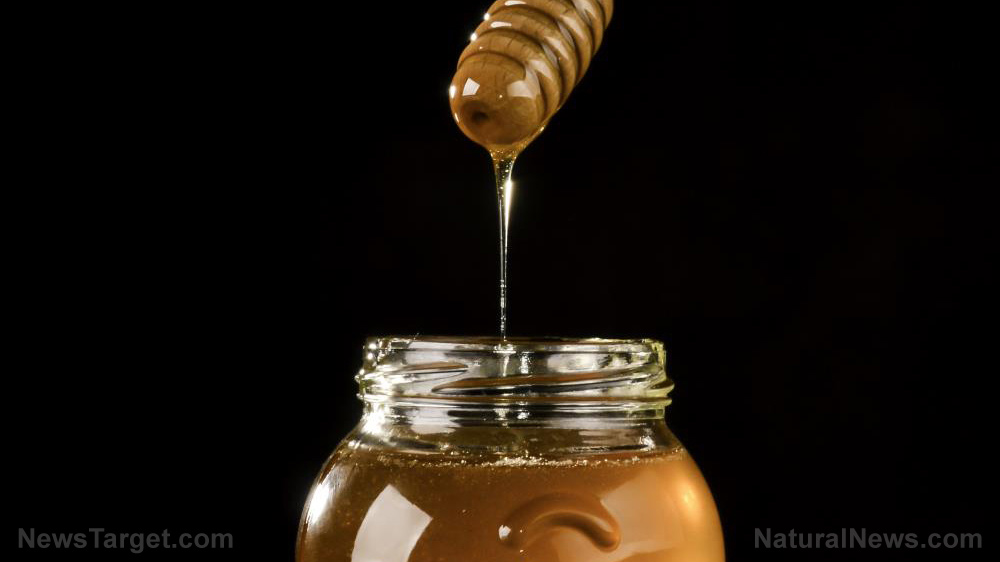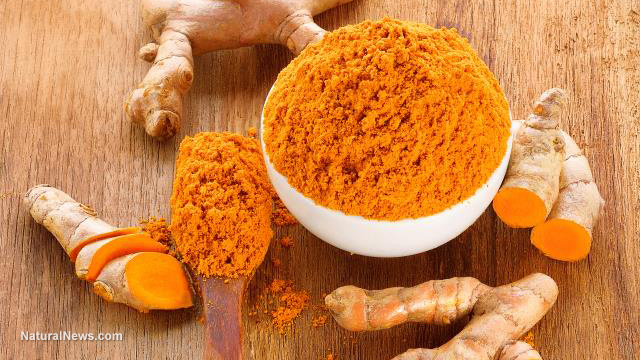
Manuka honey, which is mostly produced in New Zealand, comes from bees that specifically pollinate the manuka bush. Unlike what many people believe, this product isn't something new. In fact, it has been around for centuries and is used as a folkloric treatment for infections, wounds, and burns. However, it has only been just recently that scientists discovered the reasons behind its effectiveness and it all goes back to the flower from which it is produced.
The pinkish white flower of the manuka bush contains nectar that is rich in a saccharide called dihydroxyacetone, which is converted into the antibacterial agent methylglyoxal during the production of manuka honey. Although other types of honey have methylglyoxal as well, it is usually found at extremely low levels so most of their antibacterial activities are still due to hydrogen peroxide. What makes this compound more powerful is that unlike hydrogen peroxide, it's not easily affected by heat, saliva, or blood.
Manuka honey also exhibits most of the properties that regular honey has which contribute to its antibacterial effects. These include high sugar and polyphenol content, high acidity, and osmotic effect. Moreover, it can prevent bacteria from attaching to tissues, proliferating, and creating biofilms that protect them during infections. Because of manuka honey's potent antibacterial properties, researchers started to investigate its potential use in treating infections due to antibiotic-resistant bacteria, which have become more and more widespread lately.
Many people use antibiotics without knowing their potential repercussions. This has led to the rise of drug-resistant bacteria which are very difficult to treat. Fortunately, manuka honey has shown great potential not just in eliminating antibiotic-resistant bacteria but even in reversing some cases of this. Moreover, it does not induce resistance so it can be used as a safer alternative to conventional medications for bacterial infections.
Choosing the best manuka honey
The methylglyoxal and dihydroxyacetone content vary for different batches of manuka honey and since its antibacterial property is dependent on these two, scientists came up with a way to grade the medicinal property of each batch. They called this the Unique Manuka Factor or UMF. This grading system, which ranges from UMF 0 to 30, is determined by comparing the antimicrobial properties of manuka honey to different concentrations of phenol. For example, UMF 20 manuka honey has antibacterial properties equivalent to 20 percent phenol.
Manuka honey is more expensive than regular honey so make sure that you're getting your money's worth by buying products with decent UMF scores. Those that are below UMF10 are not worth the investment since they are just as good as regular honey so try to look for products that are above this if you want to enjoy more benefits. Moreover, if you are using manuka honey for therapeutic applications, it would be best to go for UMF 15+ or 20+.
Health benefits of manuka honey
If you're still contemplating whether manuka honey is worth the extra money, then here are some more of its other health benefits that might convince you to invest in this product:
- Provides vitamins, minerals, and amino acids
- Boosts immunity
- Improves oral health
- Protects against common colds and flu
- Reduces inflammation
- Hydrates skin and prevents acne
- Repairs colon damage
- Prevents hair loss, frizz, and split ends
For more articles about the benefits of manuka honey in fighting infections, visit NaturalAntibiotics.news.
Sources include:
Please contact us for more information.






















